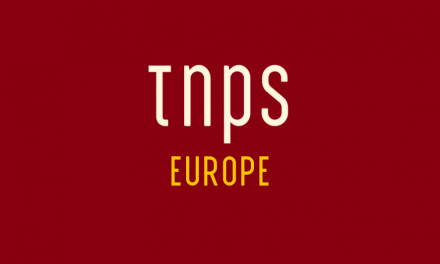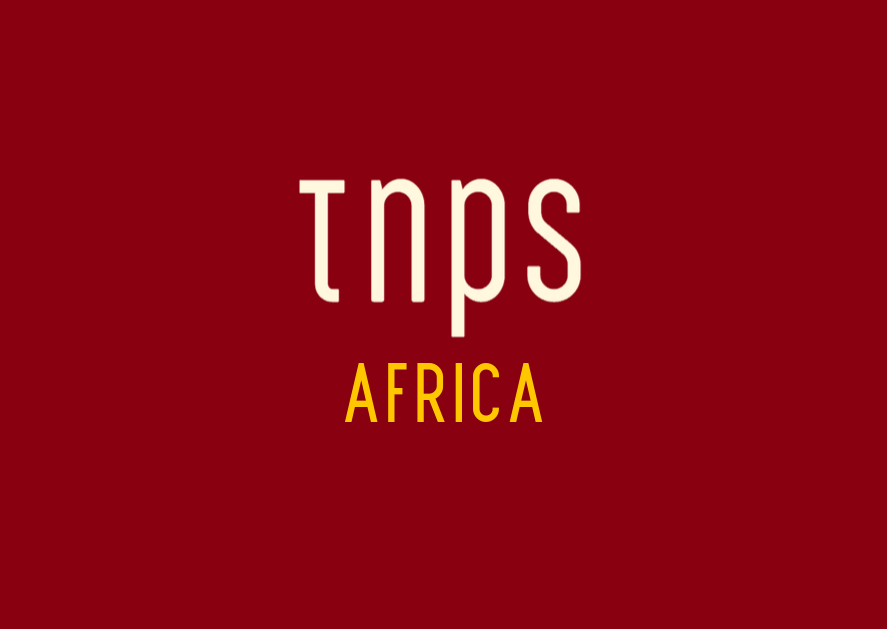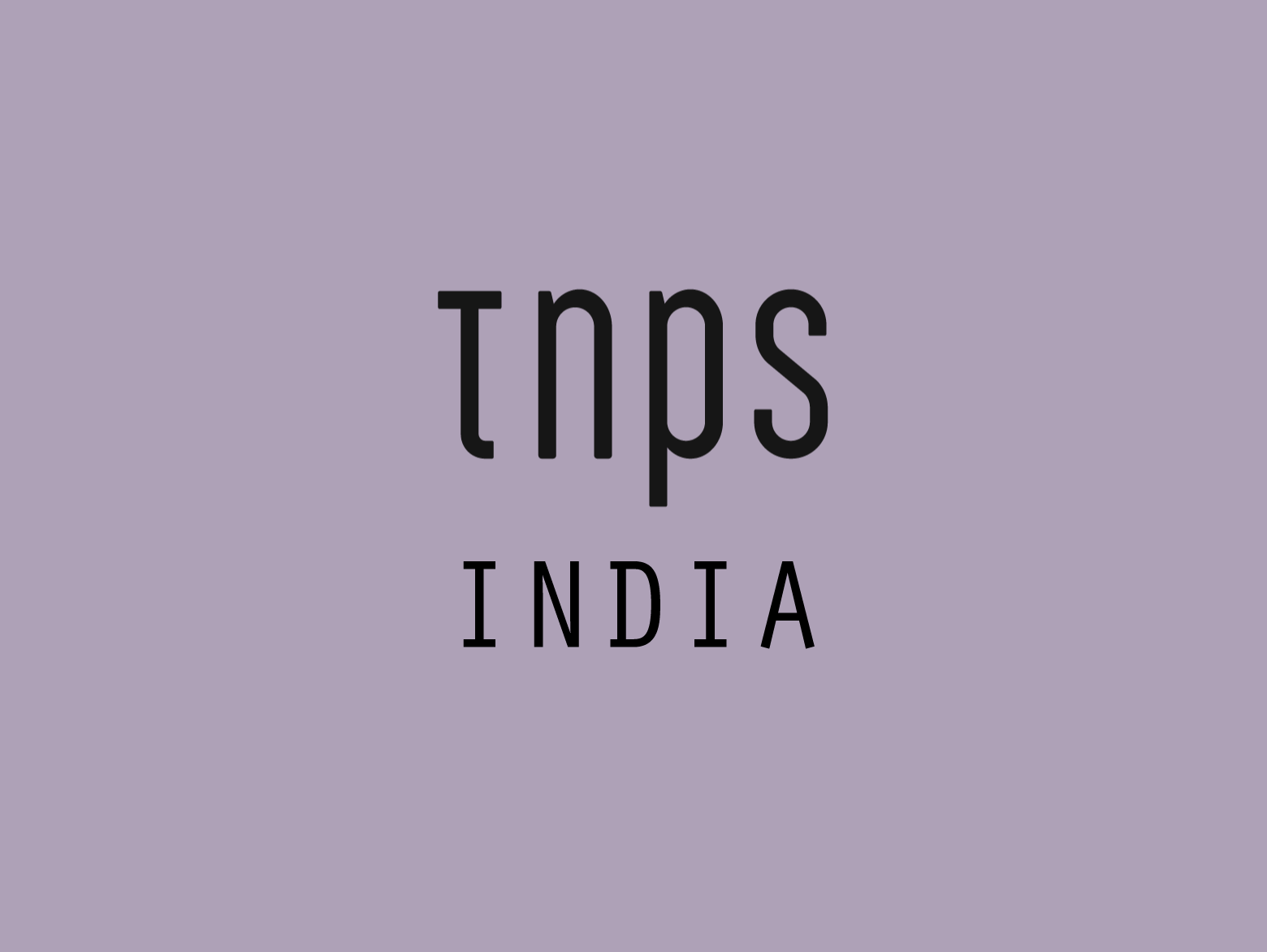The International Publishers Association Seminar on Sustainable Development for African Publishers 2019 will be hosted in Nairobi on June 14-15 with the theme “Realising Africa’s Potential as a Global Publishing Leader in the 21st Century.”
At the opening ceremony of the Nairobi International Book Fair 2018 on September 27, 2018, the Kenya Publishers Association chairman Lawrence Njagi announced that the International Publishers Association (IPA) would be holding a seminar in Kenya’s capital city. It would the second time that an IPA seminar would be hosted on the continent after one was hosted in Lagos in 2018. The 2018 seminar’s panels covered a range of issues including the socio-economic contribution of African publishing, educational publishing, originality of African literary voices, the role of technology, and the importance of copyright. Details for the seminar that will run in Nairobi have started emerging with the Kenya Publishing Association setting up a Facebook page for it. From this page, we learn that the event will happen from June 14 – 15, 2019 at the Movenpick Hotel, Westlands, Nairobi. We have also learned that the seminar theme is “Realising Africa’s Potential as a Global Publishing Leader in the 21st century.. We are also aware that several players in the writing scene across East Africa are being contacted to take part in this event. We shall be sharing information on the seminar as and well it becomes available.
Before going on, a quick referral to a couple of past posts on TNPS on this topic.
In the build-up to the Lagos Seminar last year it was asserted Africa’s publishing sector was worth $1 billion and growing at 6% per annum.
Africa’s book industry worth $1 billion and growing at 6% despite piracy and other challenges
Some key quotes from that post:
While every nation is different and each market unique, there are still many common goals for publishers across the African continent.
…
Publishers’ reluctance to digitize books/content a huge barrier to literacy. Content is sitting in the cities, publishers waiting on govt.
…
Millenials look at content differently. We need to recognize this… Our objective is to impact knowledge,
…
What I think is critical is that when a book is published in Nigeria it can get to Ghana. We need to grow the number of readers.
A week later TNPS covered Bodour Al Qasimi (now IPA Vice President)’s thoughts on the nascent markets.
“The future of global publishing lies in the emerging markets” – Sheikha Bodour al Qasimi
Among the key quotes from Bodour Al Qasimi:
Over recent years I have been amazed by the literary talent that is coming out of Africa. This includes authors like Leila Aboulela, Petina Gappah, Zakes Mda, Chimamanda Ngozi Adichie, and Nigeria’s own Johwor Ile.
However, the potential of this continent is not being realized, despite its rich language offerings. This is evidenced by the lack of integration between the African publishing industry and the global publishing market. By fostering closer cooperation, there are huge opportunities to be made.
The global publishing industry is starting to change, however, and there are encouraging signs that emerging markets are starting to play more of an active role in the conversations once dominated by the traditional European publishing markets.
Noting that the “Emerging Publishing Markets” now account for 90 percent of the global population under 30, and almost 60 percent of global GDP, Bodour Al Qasimi said,
The globalization of the publishing industry presents an opportunity for publishers in emerging markets to meet surging global interest in more diverse, original narratives. This trend will inevitably lead to a shift of the global publishing industry from traditional hubs in developed countries to other important secondary hubs in developed and developing countries – the UAE and Nigeria are clear examples of this.
It is in these frontiers where the publishing industry will find its future readers and customers. And while I believe the present is bright for African publishers, I believe the future looks even brighter.
Emerging markets are now drivers of world growth, and it is only a matter of time until these populations and economic trends change the face of the global publishing industry as we now know it.
So, is there such a thing as African publishing market?
That’s a big no.
As Michiel Kolman said, “every nation is different and each market unique.”
There is no more an African publishing market than there is a European publishing market. We wouldn’t lump together the publishing markets of the UK, Belarus, Iceland, Germany, Bulgaria, Greece, Latvia and Russia and claim this is a European publishing market, and we need to accept the term “African publishing” and the “African book market” is shorthand for a very diverse publishing arena across a continent of over a billion people with an incredibly rich and varied range of cultures, languages and traditions, and each at very different stages of economic development.
Many of these countries have a developed publishing and retail infrastructure, while others have pretty much none.
I’m writing this from The Gambia in West Africa, where there is literally one bookstore worthy of the name, and we import our school text books from South Africa. At the other end of the scale are countries like Nigeria, Kenya and South Africa, and that’s just looking at the Anglophone African countries.
South Africa, Nigeria and Kenya both have some meaningful ebook infrastructure, while Ghana, bizarrely, is behind with ebooks but leading the way with audiobooks.
In francophone Africa digital is often better developed than in most of Anglophone Africa, with Kobo teaming with francophone African telcos to deliver ebook content.
Kobo and Fnac team up with telco Orange France to expand audiobook and ebook reach
Then there’s North Africa, where Arabic culture and traditions hold sway, and again we can shift between advanced economies like Morocco, the only African nation with a TGV train network for example, to struggling nations like Mauritania or Niger.
In fact Algeria and Egypt have been selling books and ebooks for many years through online stores few in the outside world even realise exist.
And it’s an intriguing thought that, while all the talk of Africa as a publishing entity centres on sub-Saharan Africa, or at least four Anglophone countries therein (Nigeria, Kenya, Ghana and South Africa) it is is Arabic-speaking North Africa where public interest in books is most evident.
Consider, for example, that the Algiers International Book Fair in Algeria last year drew 2.2 million visitors, while the Cairo International Book Fair in Egypt drew a crowd of 4.5 million. No North American literary event can come close to that, and only one European literary event, the Madrid Book Fair in Spain, can compete at that level. Certainly no sub-Saharan African nation can come remotely close, yet when we talk about African publishing it is so often sub-Saharan Africa that dominates,or even is the only debate.
Back in April last year TNPS took a look at Ghana’s ambitions to be the publishing hub of sub-Saharan Africa.
Which all sounded great. All the more so when, at the launch for the inaugural Accra International Literature Festival, there was talk of how literature might be Ghana’s next cocoa, oil and gold.
Literature to be Ghana’s next cocoa, gold and oil, says Accra International Book Festival
But hopes were dashed at the Ghana International Book Fair, where digitisation and the internet were seen as the ememies of publishing, not Pan-Africa’s biggest opportunity.
Ghana International Book Fair mired by analogue pessimism when digital opportunities abound
Let’s hope the IPA Seminar in Nairobi this year can rise above the discredited and counterproductive print vs digital debate, and embrace all of Africa in a serious discussion that can move the concept of Pan-African publishing forward.
There were 453 million Africans online as 2018 started. When we get the 2018 numbers that figure is likely to be substantially over a half billion.
I’ll end here by repeating a quote from above.
What I think is critical is that when a book is published in Nigeria it can get to Ghana. We need to grow the number of readers.
I dream of the day that, as a resident in The Gambia in West Africa, I can read a book from Ghana, Nigeria, Tunisia, Uganda, Zimbabwe or Mozambique.
Yet even if I could find the book available (how would I do that without the internet and social media that so many African publishers are railing against?) and even if I could buy it and pay for it and afford the shipping, I’d need to rent a PO Box to receive it. There is no postal system here. Most of the country hasn’t even got street names or house numbers. But that PO Box will cost a month’s wages for a nursery school teacher.
Few people read here in The Gambia because there are so few books available.
Yet I don’t know a single adult in the country without a mobile phone…
Now imagine a Pan-African ebook store that would make Africa’s and the world’s books instantly available to the almost half a billion Africans connected to the internet. No shipping charges and delays. Just pay, download and start reading. Yes, even books in the indigenous languages that the economics of print mean are often never published in sufficient numbers to meet demand.
Print vs digital is not an either / or debate. Digital is a complimentary format that can massively expand the reach and revenues of African publishers, not threaten their existence.






On point Mark! I look forward to this years IPA Seminar in Nairobi. I hope to meet you there!